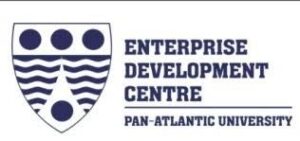The CEM programme at EDC helps you understand how to take full managerial charge of your business.
Certificate in Entrepreneurial Management (CEM)
Certificate in Entrepreneurial Management (CEM) has been designed as a robust programme for owners of existing enterprises wanting to develop their managerial capabilities. It is particularly suitable for actual or potential members of management teams and those undergoing sucession planning.
DURATION: 25 days over a 4-month period, Programme starts every February, June and October each year.
Duration
25 days over a 4-month period, Programme starts every February, June and October each year.
Course Design
The CEM has been designed with the assistance of the Global Business School Network (GBSN) an initiative of International Finance Corporation (IFC). Faculty from leading business schools around the world have worked with the program designers, and shared their experience and expertise in creating a content of global standard. They also assisted in the writing of the local case studies that will be used in most of the modules.
Implementation Process
CEM is a hands-on programme. Consequently, after every module, participants have enough time to implement whatever has been learnt in class. Participants will also meet with EDC experts and management board who will advise, counsel and mentor them. At the request of each participant, EDC can arrange for a visit to their respective organization during the programme.




